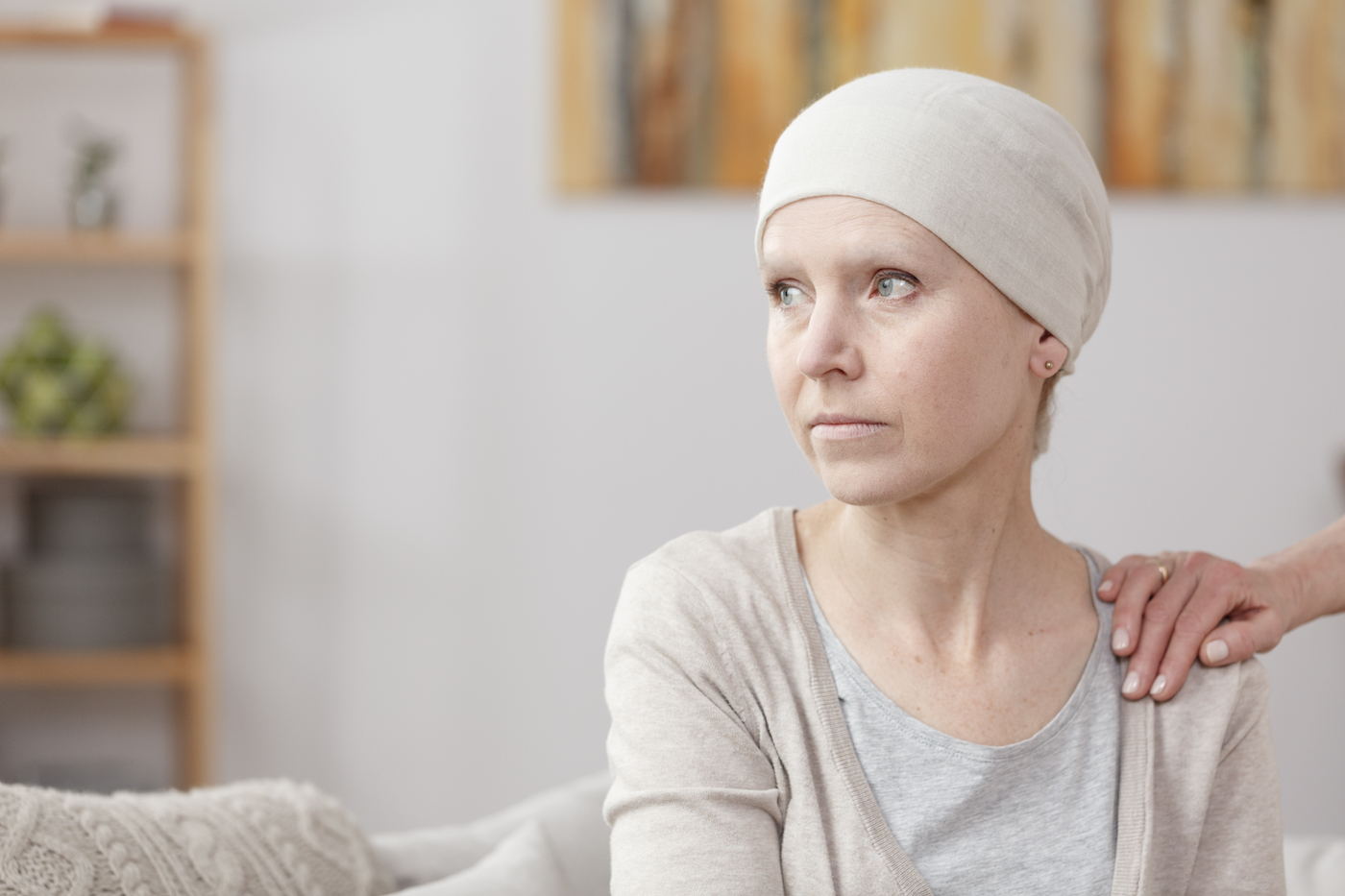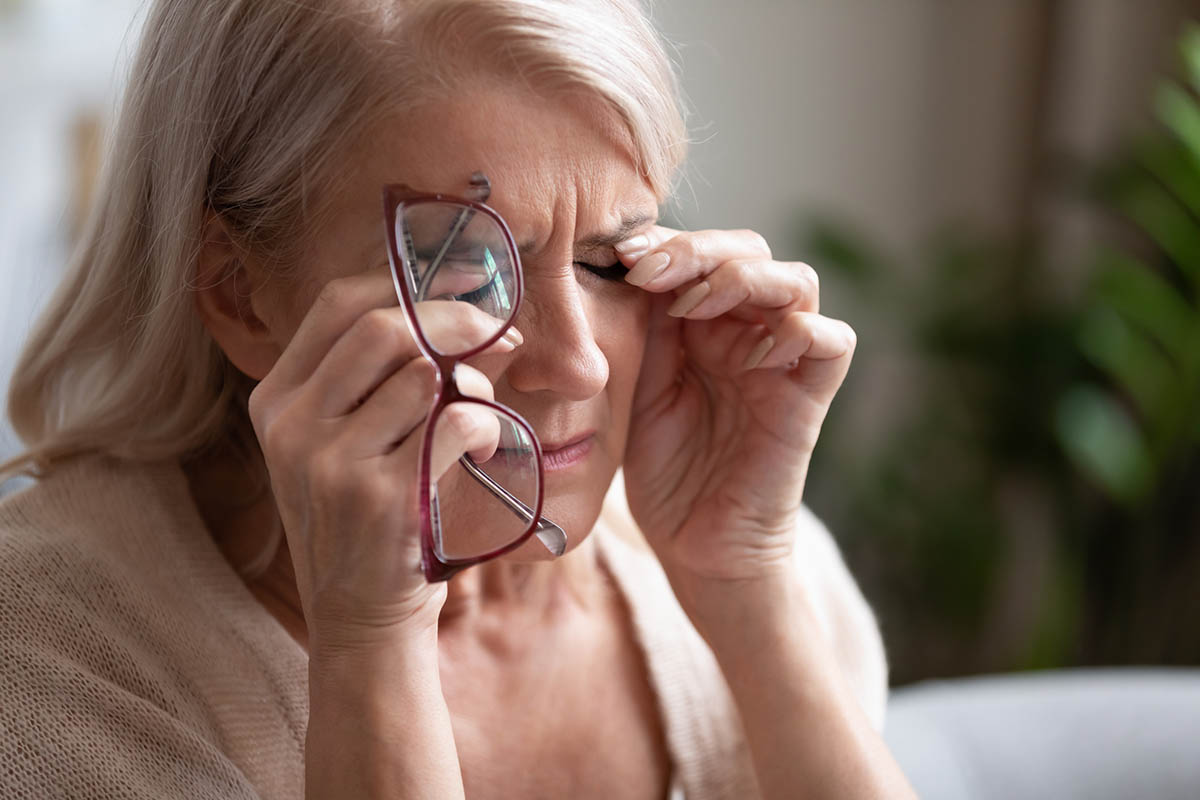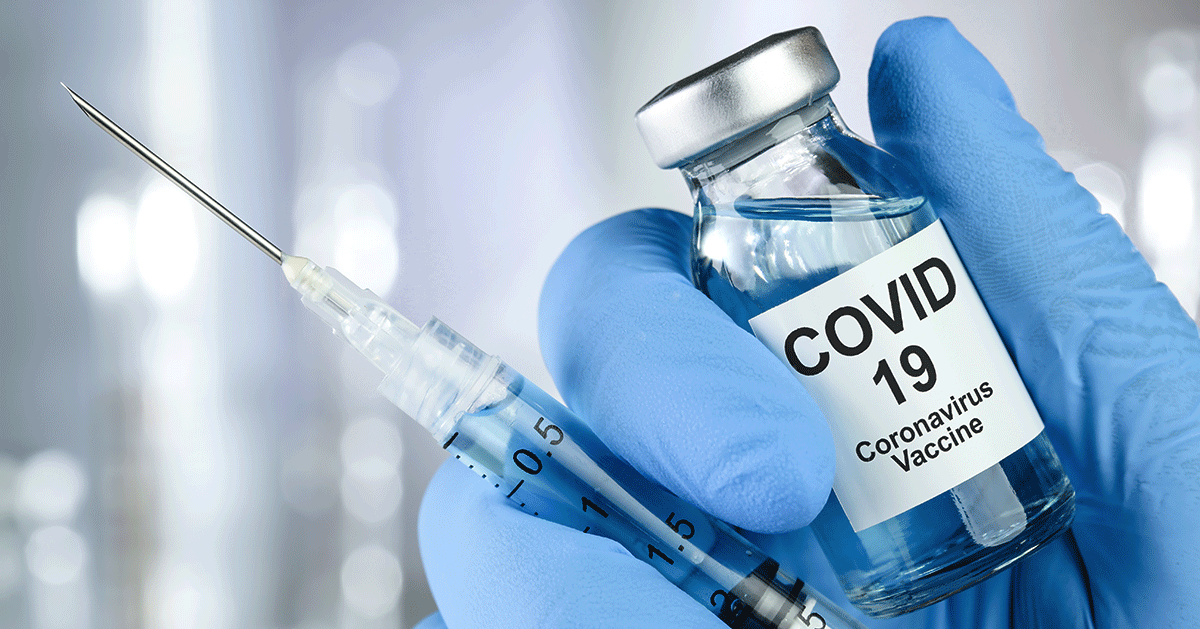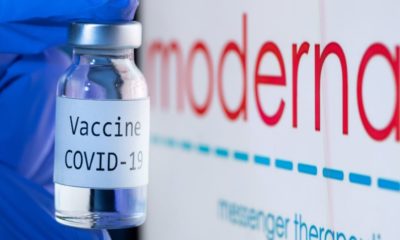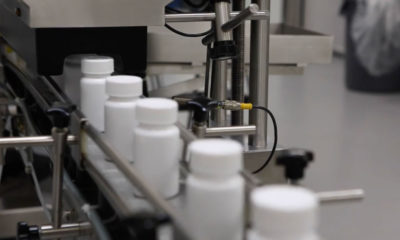It turns out that persistent hot flashes and night sweats could be more than just a bother; they may indicate an increased risk for breast cancer. According to a new study, postmenopausal women who suffer persistent vasomotor symptoms are more likely to develop breast cancer than those who don’t suffer hot flashes and night sweats.
Women’s Health Initiative Long-Term Analysis
Most women start menopause after the age of 45 and experience hot flashes and night sweats while they go through the change. However, a new study published online in the journal Menopause, says that women who suffered these vasomotor symptoms may have a greater risk of breast cancer. For the study researchers analyzed over 25,000 women between the ages of 50 and 79 who participated in the Women’s Health Initiative clinical trials and observational study and who had not received hormone replacement therapy. To enter the trial, the women had to have a negative mammography.
Study participants reported when they first experienced hot flashes or night sweats and when they experienced their last episode. Women were reported as ‘persistent’ if they experienced moderate to severe hot flashes or night sweats within the four weeks prior to entering the study.
About 38 percent of the study participants experienced persistent VMS at the time they enrolled in the study. After a median follow-up at 17.9 years, 1,399 of the participants developed breast cancer, and those with persistent VMS had a higher risk.
Researchers noted that the rates of breast cancer also increased when Body Mass Index increased. The risk of breast cancer was about 26 percent higher in women who consume alcohol than for those women who do not imbibe and was 24 percent higher among women who had never had children as compared to those who had.
Breast Cancer Types
Study authors also noted that women with persistent VMS were more likely to have breast cancer with regional involvement, distant involvement, and those with poor prognoses, such as estrogen receptor-negative tumors.
On mortality, researchers said that breast cancer mortality was greater in women who have persistent hot flashes/night sweats when compared to women who never experienced vasomotor symptoms.
On Cardiovascular Disease
Researchers also pointed out that postmenopausal women who develop breast cancer have some of the same risk factors as women who develop cardiovascular disease, with the leading risk factor being obesity.
Calling it incredible, the lead researcher said that 40 percent of postmenopausal women are obese and are putting themselves at risk for breast cancer and CVD. He said that the association between persistent hot flashes and risk factors that are common to CVD and breast cancer could explain the association his analyzation found with higher breast cancer risks.
However, current medical and scientific literature present mixed and conflicting results regarding hot flashes and breast cancer and a much deeper study of this potential association is clearly required.
Note: The author of the study reported receiving payment from Novartis, AstraZeneca, Genentech, and Pfizer, companies that are involved in the manufacturing and marketing hormone replacement therapies for women.
